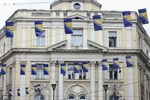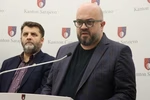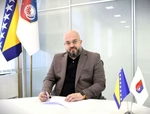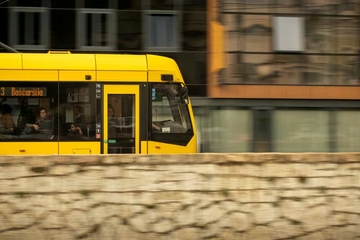Kosovo rejects Bosnia's proposal to suspend tariffs for six months
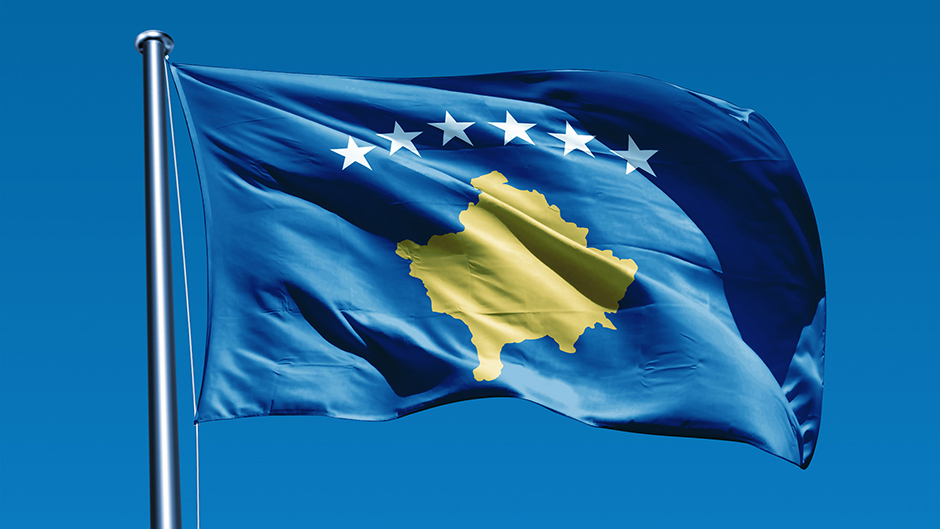
Pristina has rejected Sarajevo’s proposal for suspension of 100 percent tariffs on goods from Bosnia and Herzegovina, said Bosnia’s Assistant Minister of Foreign Trade and Economic Relations Mithat Salic after the meeting between expert delegations from Bosnia and Kosovo.
Oglas
He said that the Bosnian delegation offered a six-month suspension period for the tariffs so that competent institutions from both sides could discuss all open issues. This was rejected, and now the competent institutions have to decide on further steps.
Salic noted that before the meeting, the two sides had vastly different positions. The Kosovo side demanded that Bosnia recognises their independence while the Bosnian side demanded the abolition of tariffs.
However, the two sides did agree that competent institutions should hold further talks so that all open issues could be resolved as soon as possible.
Oglas
The Kosovo delegation pointed out that issues of the recognition of their documents and the abolition of visas between the two sides must be resolved urgently.
In November 2018, Pristina authorities introduced protective measures on all products coming from Serbia and Bosnia. Tariffs were raised from 10 to 100 percent in less than a month after their introduction.
Besides the officials of Bosnia’s Foreign Trade Ministry and Kosovo’s Trade and Industry Ministry, the meeting was attended by Central European Free Trade Association (CEFTA) representatives.
Albania’s Finance Ministry representative Majlinda Hafizi stressed the importance of respect for the CEFTA agreement in the context of further integration processes, adding that the solution will be found quickly.
Oglas
As of July 1, 2013, the CEFTA member states are Albania, Bosnia and Herzegovina, Macedonia, Moldova, Montenegro, Serbia and UNMIK (on behalf of Kosovo).
The Association's former member states are Bulgaria, Croatia, Czech Republic, Hungary, Poland, Romania, Slovakia and Slovenia. Their CEFTA memberships ended when they became EU member states.
Kakvo je tvoje mišljenje o ovome?
Učestvuj u diskusiji ili pročitaj komentare
Oglas
Kakvo je tvoje mišljenje o ovome?
Učestvuj u diskusiji ili pročitaj komentare
Oglas





 Srbija
Srbija
 Hrvatska
Hrvatska
 Slovenija
Slovenija








